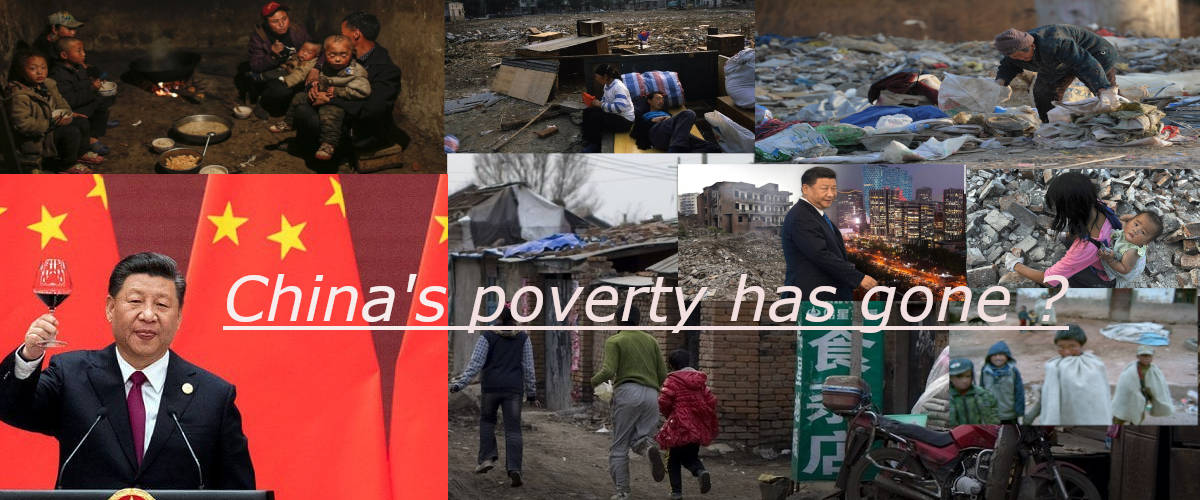WORLDAsiaWar In UkraineAfricaAmericasEuropeMiddle East
China claims to have eliminated poverty, but the figures mask harsh challenges
中国声称已经消除了贫困,但数字掩盖了严峻的挑战
the country’s poverty alleviation campaign dominated headlines posted on social media, with some discussions censored after Internet users questioned the figures. “Can someone tell me what the official standard is for eliminating poverty? Why can I still see people on the street begging?” one asked on the microblog Weibo. Another joked, “China has eliminated absolute poverty. That’s right. Everyone is just relatively poor.”
该国的扶贫运动占据了社交媒体上的头条新闻,一些讨论在互联网用户质疑这些数字后受到了审查。“谁能告诉我消除贫困的官方标准是什么? 为什么我还能看到有人在街上乞讨?” 有人在微博上问道。 另一位网友开玩笑说:“中国已经消除了绝对贫困。 这是正确的。 每个人都只是相对贫穷。”

It is important to clarify that our findings refer only to extreme poverty, defined as the inability to purchase essential food, shelter and a few basic necessities.
China’s impressive industrial development has, of course, led to substantial improvements in access to modern appliances, information technology and other goods. But when it comes to access to basic nutrients and housing, a large share of China’s population appears to have suffered during the move to a market economy.
Our findings have important implications. They suggest that although industrial development is an important goal, it can’t be relied upon to cut extreme poverty in and of itself, at least not in the context of capitalist reforms and social policy retrenchment.
Public ownership, price controls, and universal access to social services, of the kind advanced in China before the market reforms, can be at least as effective, especially at low levels of economic development.
需要澄清的是,我们的研究结果仅涉及极端贫困,即无法购买基本食物、住房和一些基本必需品。
当然,中国令人瞩目的工业发展极大地改善了现代家电、信息技术和其他商品的获取。 但在获得基本营养和住房方面,很大一部分中国人口似乎在向市场经济转型过程中遭受了损失。
我们的发现具有重要意义。 他们认为,尽管工业发展是一个重要目标,但不能依靠它本身来消除极端贫困,至少在资本主义改革和社会政策紧缩的背景下是这样。
中国在市场改革之前推行的公有制、价格控制和普遍获得社会服务至少可以同样有效,特别是在经济发展水平较低的情况下。

